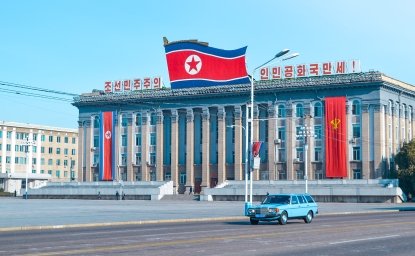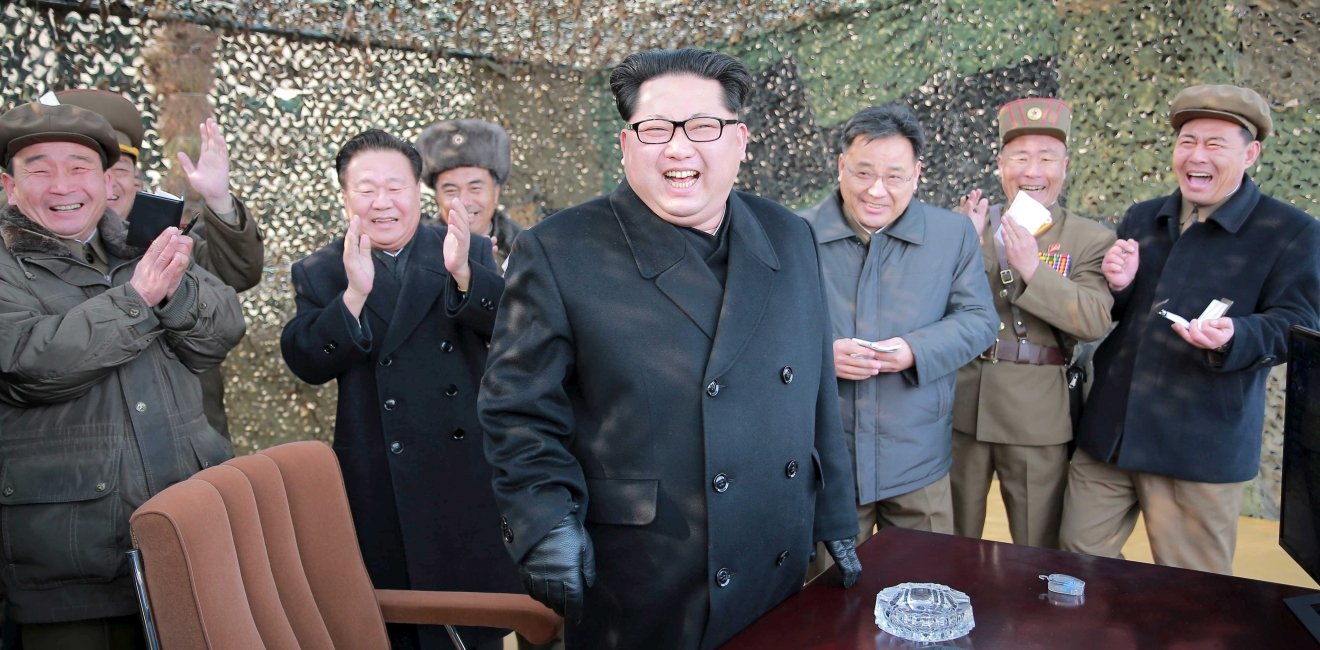Critical Challenge for the U.S. | No Path to North Korean Denuclearization in the Near-term
The Biden administration would like to denuclearize North Korea but doesn’t know how. From sanctions to direct negotiations with Kim Jong Un, the United States has tried every option. Nothing has worked. At the Hanoi summit in 2019, Kim demanded the lifting of most sanctions in return for only a partial shutdown of his nuclear program. That deal was unacceptable to President Trump and will not be accepted by President Biden either—especially because North Korea still refuses to deliver an inventory of its nuclear program or agree to international inspections. Biden has little choice but to continue with sanctions, deterrence, and containment policies even though they will not prevent the further expansion of the North Korean WMD program. There simply is not a more attractive alternative.
Three Things to Watch
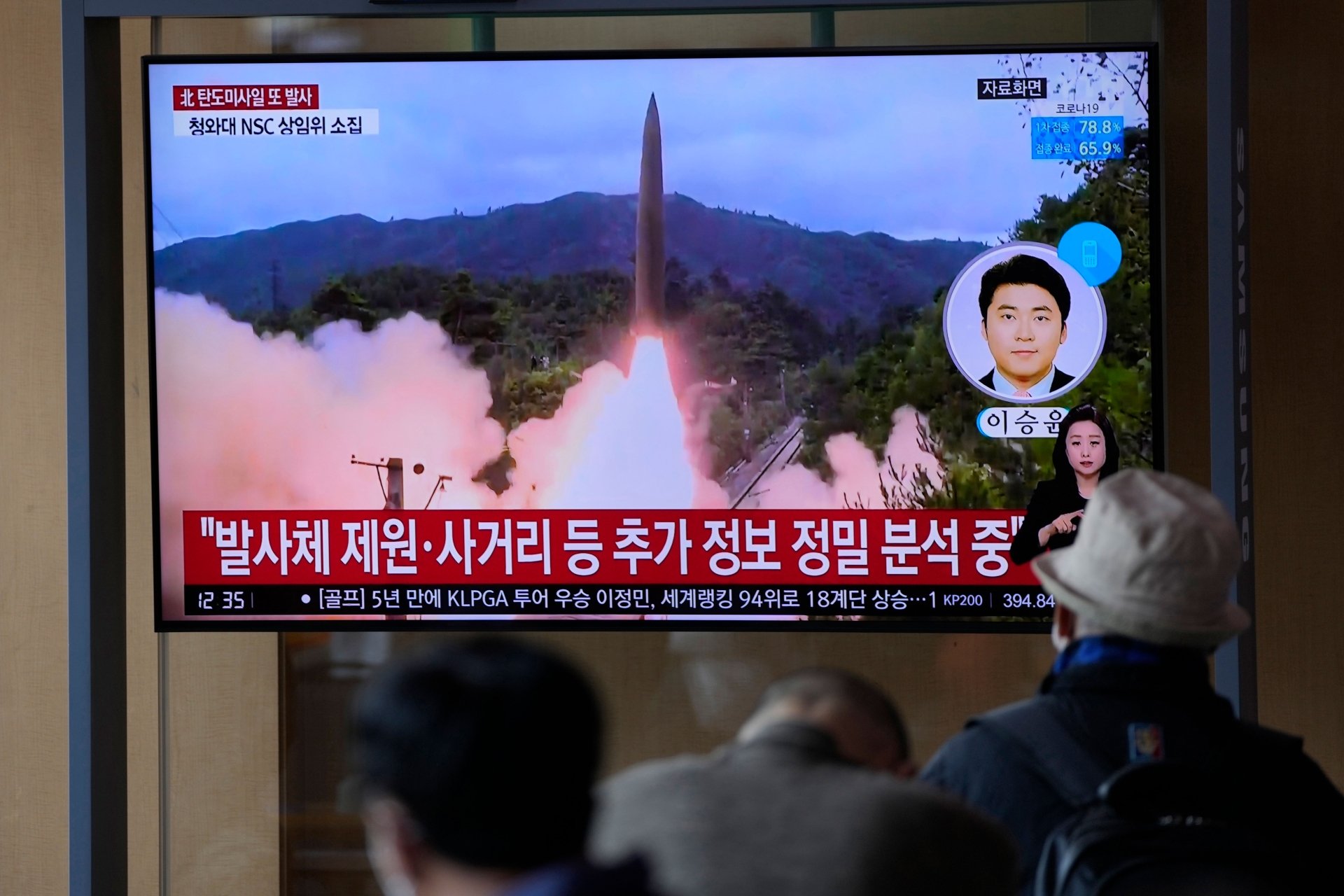
1. Accelerated North Korean Nuclear and Missile Threat
North Korea has embarked on an ambitious new five-year military modernization plan, and we are likely to continue to see Kim’s efforts create a nuclear triad that can survive a first strike. Some of the weapons the North has tested this year include a new long-range cruise missile, a submarine-launched ballistic missile (SRBM), a new rail-mobile based mode for SRBMs, and a new hypersonic boosted-guided missile. Particularly in the latter half of 2022, after the Beijing Winter Olympics in February and South Korea’s presidential election in March, the North could seek to escalate tensions, even carrying out an ICBM test (such as the yet untested Hwasong-16), or a nuclear test. These tests fit the North’s broad strategic objectives of bolstering its nuclear deterrent while seeking added leverage in future diplomacy with the United States. Kim’s short-term goal is to achieve significant sanctions relief; his long-term objective is to be recognized as a nuclear power.
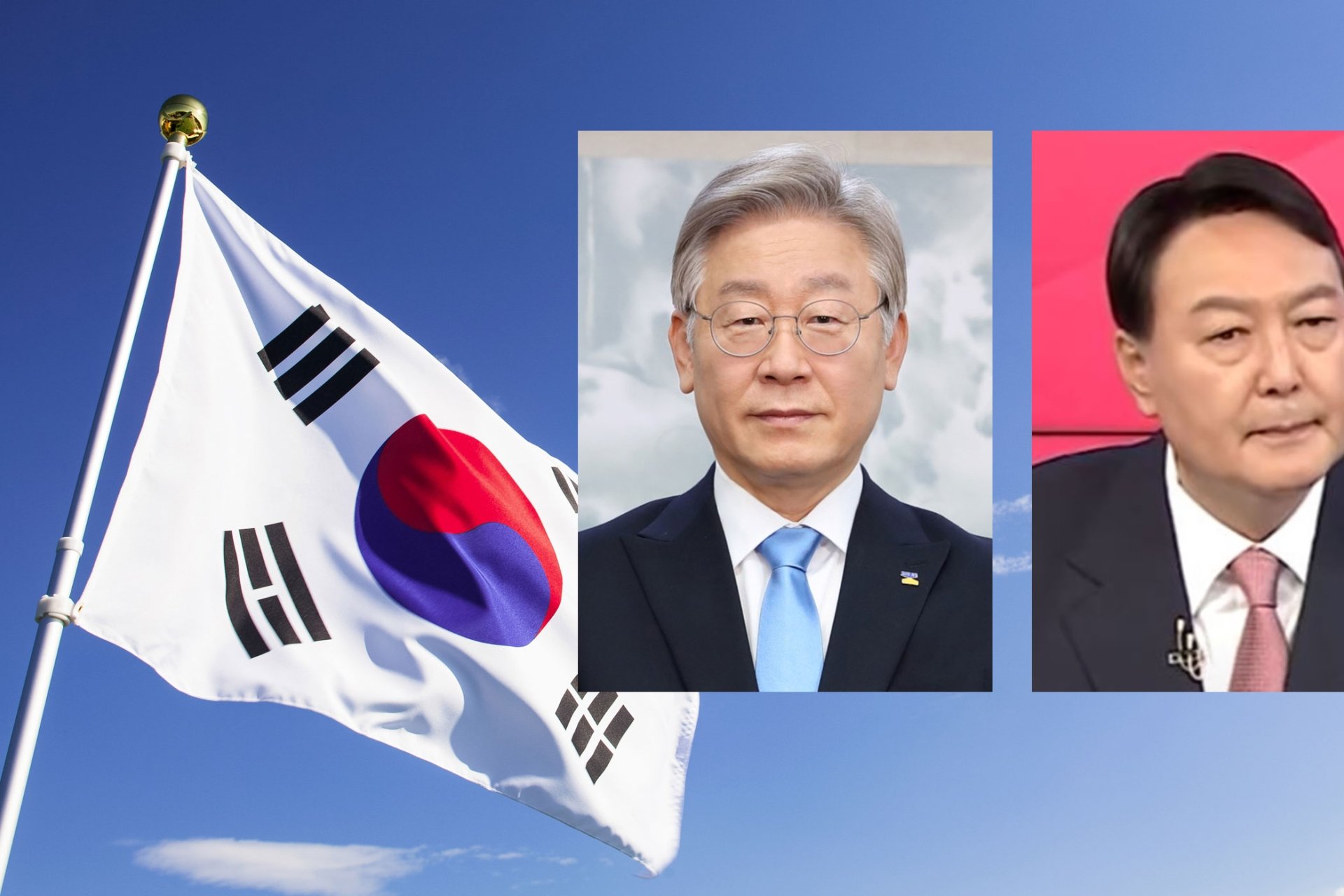
2. Increased Tensions on the Korean Peninsula
In South Korea’s March 2022 presidential election, the conservative candidate of the opposition People Power Party, Yoon Seok-Yeol, is running neck and neck with the Democratic Party candidate, Lee Jae-Myung. South Korean politics is volatile, and the outcome is far from certain, but if Yoon wins, he is likely to adopt a more confrontational posture against North Korea, particularly if the North escalates tensions. The conservatives would shift away from Moon’s sunshine policy of trying to reach out to North Korea, especially if North Korea conducts nuclear or missile tests.
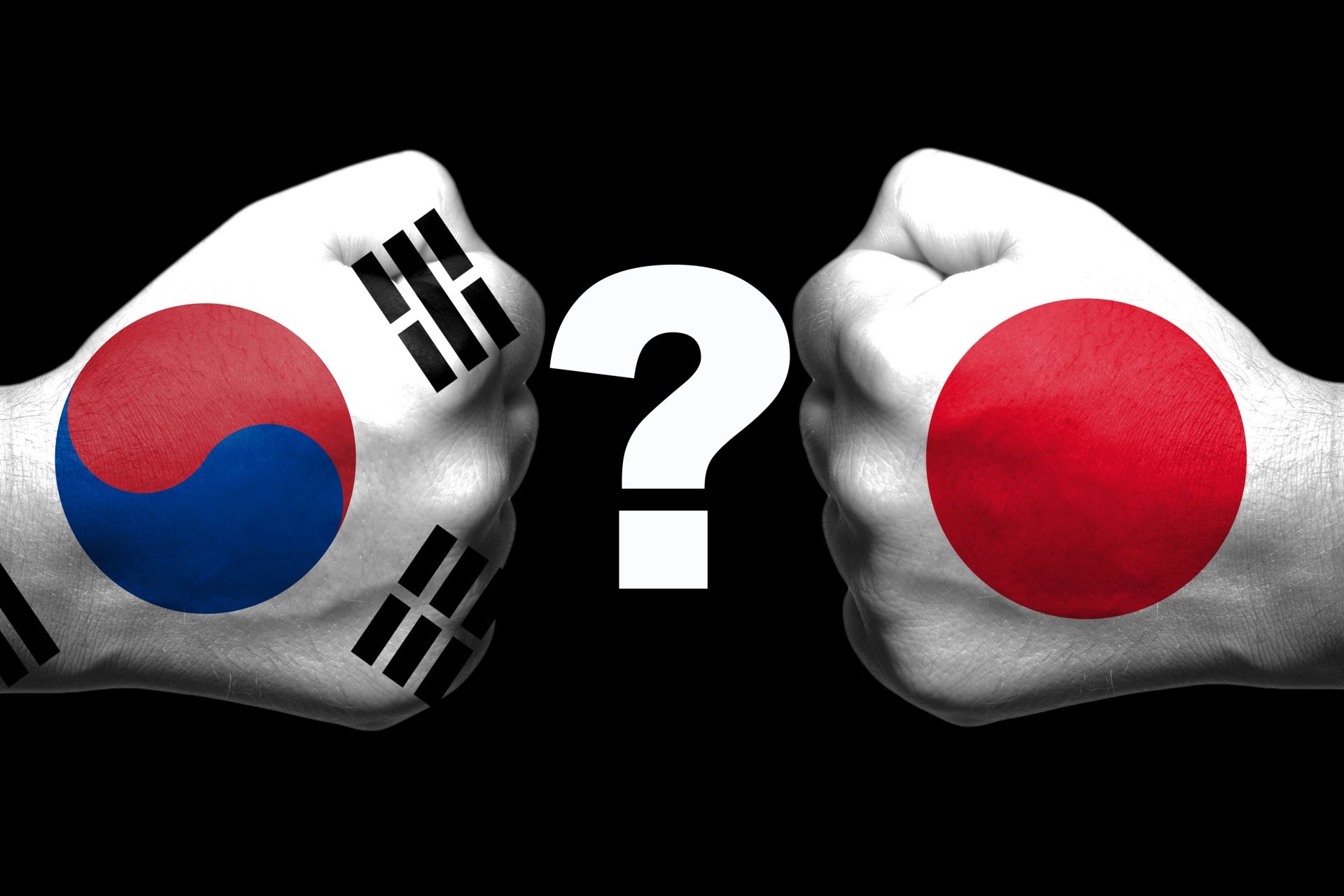
3. Shift in Korea-Japan Relations
The relationship between South Korea and Japan soured considerably in recent years after the 2015 comfort women deal fell apart and the South Korean Supreme Court ruled that Japanese companies had to pay South Korean citizens for wartime labor. The Korea-Japan relationship—difficult in the best of times—is deeply vulnerable to South Korea’s domestic politics. The current stalemate between South Korea and Japan is likely to continue or even worsen, particularly if the ruling party candidate, Lee Jae-Myung, wins the presidency in March. Lee has called for South Korea to do more to punish pro-Japanese Koreans who had cooperated with the Japanese military during the 1910-1945 colonial rule. But Yoon Seok-Youl, the opposition candidate of the conservative People Power Party, has said he would like to restore the frayed relationship with Japan and have a "future-oriented" approach. Relations with Japan could improve if Yoon wins, despite anti-Japanese sentiments among the South Korean public. A Yoon administration could have the chance to hit the reset button.
Contributors
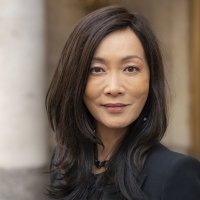

Professor of History, University of Connecticut

Hyundai Motor-Korea Foundation Center for Korean History and Public Policy
The Center for Korean History and Public Policy was established in 2015 with the generous support of the Hyundai Motor Company and the Korea Foundation to provide a coherent, long-term platform for improving historical understanding of Korea and informing the public policy debate on the Korean peninsula in the United States and beyond. Read more

Explore More
Browse Insights & Analysis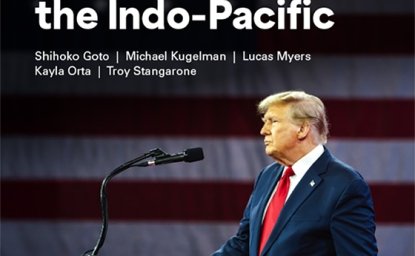
Hitting the Reset Button in the Indo-Pacific
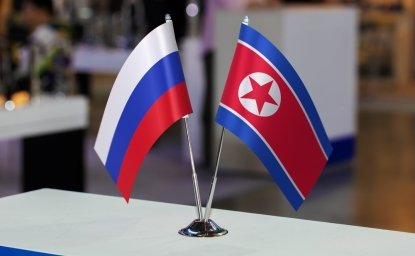
Defense Treaty Between North Korea and Russia Raises Alarm Over War Escalation
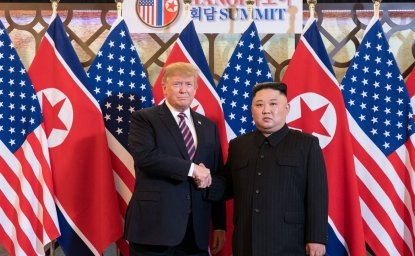
Talks With North Korea Will be Troublesome for Trump
